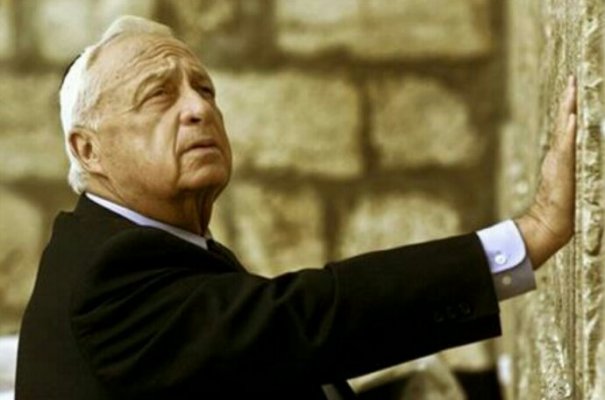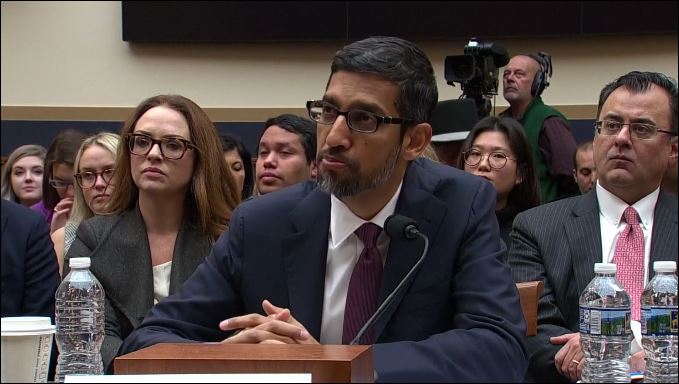JERUSALEM (AP) — It was vintage Ariel Sharon: His hefty body bobbing behind a wall of security men, the ex-general led a march onto a Jerusalem holy site, staking a bold claim to a shrine that has been in contention from the dawn of the Arab-Israeli conflict.
What followed was a Palestinian uprising that put Mideast peace efforts into deep-freeze.
Five years later, Sharon, who died Saturday at 85, was again barreling headlong into controversy, bulldozing ahead with his plan to pull Israel out of the Gaza Strip and uproot all 8,500 Jewish settlers living there without regard to threats to his life from Jewish extremists.
His allies said the move was a revolutionary step in peacemaking; his detractors said it was a tactical sacrifice to strengthen Israel’s hold on much of the West Bank.
Either way, the withdrawal and the barrier he was building between Israel and the West Bank permanently changed the face of the conflict and marked the final legacy of a man who shaped Israel as much as any other leader. He was a farmer-turned-soldier, a soldier-turned-politician, a politician-turned-statesman — a hard-charging Israeli who built Jewish settlements on war-won land, but didn’t shy away from destroying them when he deemed them no longer useful.
Sharon died eight years after a debilitating stroke put him into a coma. His body was to lie in state at the parliament on Sunday before he is laid to rest at his ranch in southern Israel on Monday, Israeli media reported. Vice President Joe Biden will lead the U.S. delegation.
His death was greeted with the same strong feelings he evoked in life. Israelis called him a war hero. His enemies called him a war criminal.
President Barack Obama remembered Sharon as “a leader who dedicated his life to the state of Israel.”
Former President George W. Bush, who was in the White House during Sharon’s tenure, called him a “warrior for the ages and a partner in seeking security for the Holy Land and a better, peaceful Middle East.”
Israeli Prime Minister Benjamin Netanyahu, a rival and harsh critic of Sharon, said: “His memory will be enshrined forever in the heart of the nation.”
President Shimon Peres, a longtime friend and rival, said “he was an outstanding man and an exceptional commander who moved his people and loved them and the people loved him.”
The Palestinians, who loathed Sharon as their most bitter enemy, distributed candy, prayed for divine punishment and said they regretted he was never held accountable for his actions, including a massacre in the Lebanese refugee camps of Sabra and Chatilla by Christian militiamen allied with Israel during the 1982 invasion that was largely his brainchild.
“He wanted to erase the Palestinian people from the map … He wanted to kill us, but at the end of the day, Sharon is dead and the Palestinian people are alive,” said Tawfik Tirawi, who served as Palestinian intelligence chief when Sharon was prime minister.
The man Israel knew simply by his nickname “Arik” fought in most of Israel’s wars, gained a reputation as an adroit soldier and was the godfather of Israel’s massive settlement campaign in the West Bank and Gaza Strip. He detested Yasser Arafat, his lifelong adversary, as an “obstacle to peace” and was in turn detested in the Arab world.
His career spanned the Middle East conflict from its early skirmishes through five wars, one of which left him hailed as his nation’s savior, and another reviled as its disgrace.









